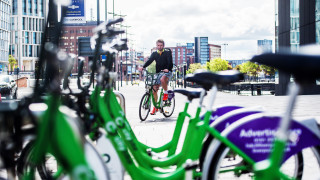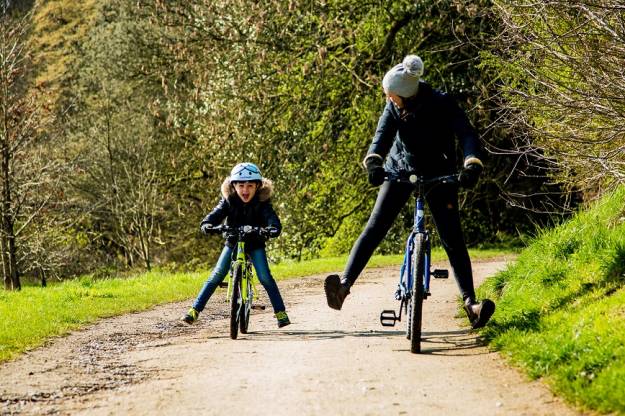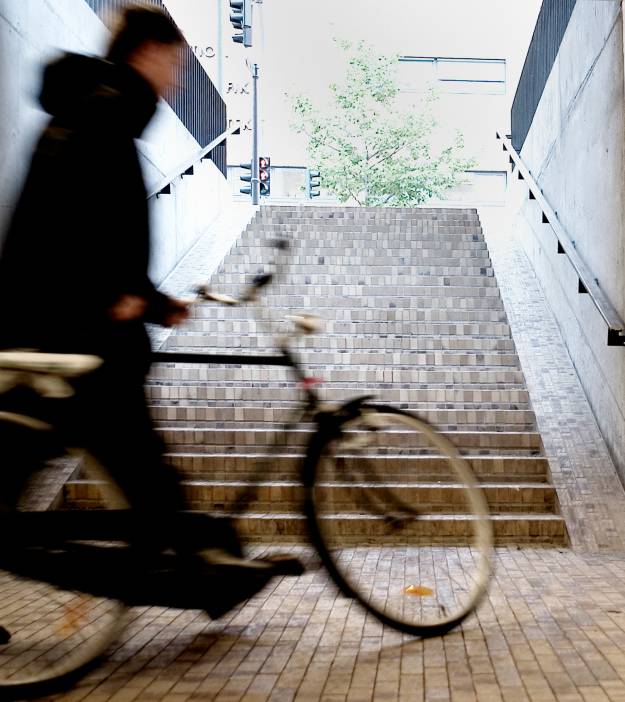A National Audit Office (NAO) report released today has revealed that statutory targets to get more people walking and cycling are “in tatters”, after years of stop-start funding.
The failure to meet Department for Transport objectives will directly impact future generations and their ability to walk, wheel and cycle safely, leaving a legacy of poor air quality and reduced public health, according to campaign groups.
The damning report examined whether the Department of Transport (DfT) is set up to achieve its objectives by 2025 and comes three months after the DfT slashed active travel funding.
The Government’s own target of 46% of urban journeys being walked, wheeled or cycled in the next two years is now impossible to reach, the report finds, despite this being a cornerstone of the Government’s Gear Change vision of 2020.
It also found that despite the targets to increase the numbers of people walking and cycling and the percentage of children aged five to ten walking to school, all activity levels are now lower than when the objectives were set in 2017.
Members of the Walking and Cycling Alliance, including British Cycling, The Bikeability Trust, Cycling UK, Living Streets, Sustrans and the Ramblers welcomed the report, and are today calling for the Government to publish its own evidence for the funding required to achieve its objectives for 2025 and 2030 targets.
The report authors highlighted a complex web of short-term funding pots across central government, hampering the ability for local authorities to plan and deliver ambitious projects.
Speaking on behalf of the group, Xavier Brice, CEO of Sustrans, said:
“It’s clear the Government has backpedalled on its promises, and is missing an easy win on the path to achieving Net Zero commitments, with proven benefits for public health.
“This report reveals that active travel objectives are in tatters, and only serves to highlight that long-term and ring-fenced investment can transform lives, if done well.”
Sustrans revealed in its Walking and Cycling Index that active travel contributed £36.5 billion to the UK economy in 2021, from a relatively modest investment from Government compared to other transport modes.
Extrapolating from the Index 2021 figures to the UK population found that people walking, wheeling and cycling took 14.6 million cars off the road, saving 2.5 million tonnes of greenhouse gas emissions every year.
Research by the charity also showed that by keeping people active through walking, wheeling and cycling 138,000 serious long-term health conditions were prevented and more than 29,000 early deaths avoided in 2021.













